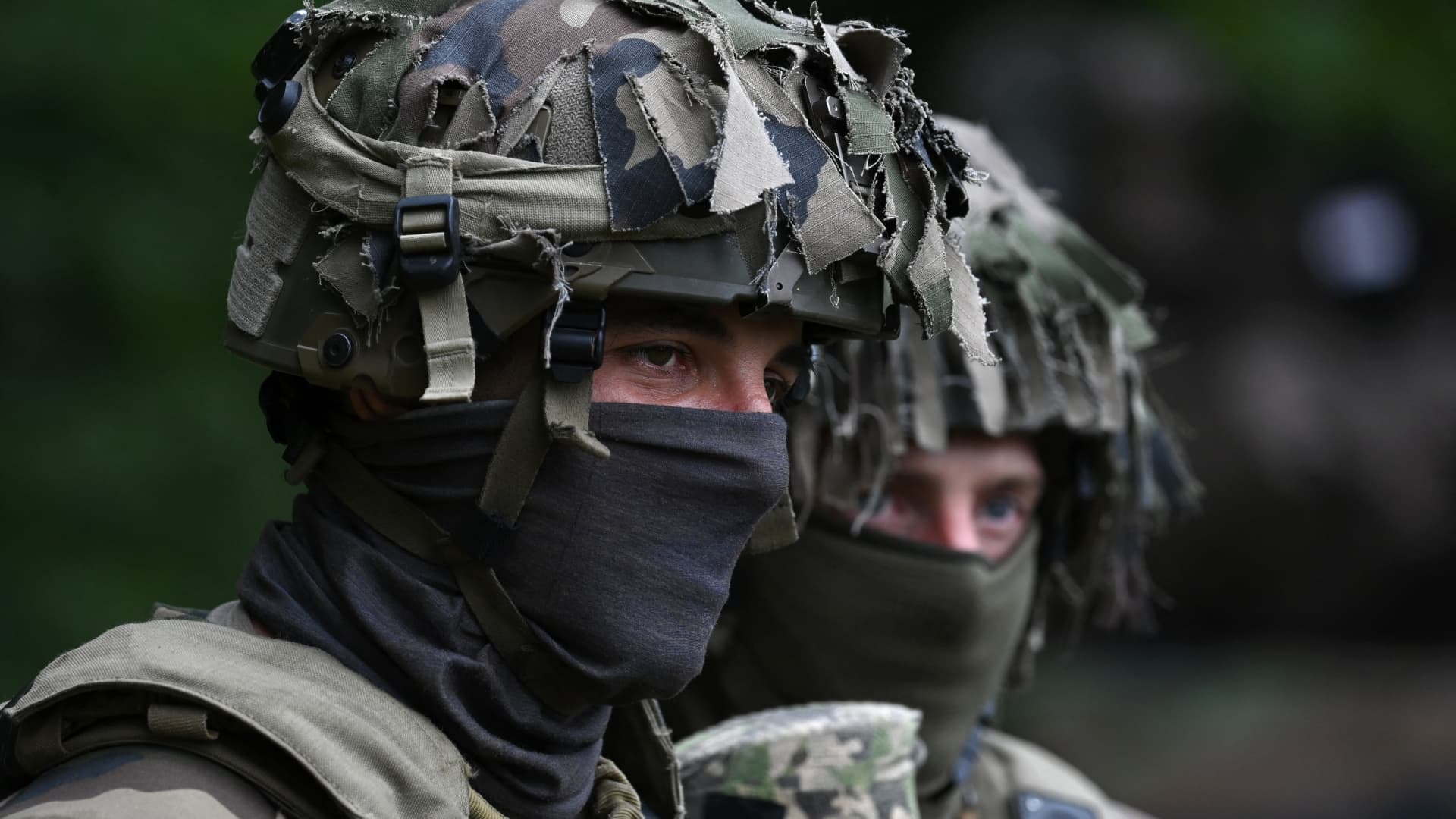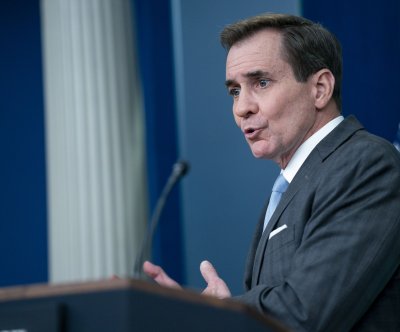In response to French President Emmanuel Macron’s suggestion for Western nations to contemplate deploying troops to aid Ukraine, the United States, Britain, and Germany, along with at least five other NATO allies, have expressed their reluctance to pursue such a course of action.
During a press briefing at the White House, U.S. National Security Coordinator John Kirby emphasized that while the decision to send troops is ultimately at the discretion of each NATO member, the Biden administration maintains a firm stance against intervention. Kirby reiterated President Biden’s unequivocal stance, stating, “There will be no U.S. troops on the ground in a combat role there in Ukraine.”
Kirby dismissed proposals put forward by French Foreign Minister Catherine Colonna, suggesting the deployment of Western troops for tasks such as mine clearance, assistance in weapons production, or cyber defense roles.
He affirmed that the United States would limit its military presence in Ukraine to a small number of personnel stationed at its Kyiv embassy, tasked with overseeing the proper use of weapons and systems provided to Ukraine.

Major NATO Allies Reject French Call for Ground Troops in Ukraine (Credits: NBC Connecticut)
Similarly, British Prime Minister Rishi Sunak’s spokesperson indicated that Britain has no intentions of increasing its troop presence in Ukraine beyond the existing small contingent engaged in training Ukrainian forces. German Chancellor Olaf Scholz echoed this sentiment, emphasizing the consensus among European and NATO nations against sending troops to Ukraine.
Macron’s pledge on Monday to take all necessary measures, including deploying troops, to prevent Russia from prevailing in the conflict elicited a strong reaction from Moscow. The Kremlin warned that such actions would escalate tensions, potentially leading to direct military confrontation between Russia and NATO.
Kremlin spokesman Dmitry Peskov underscored the seriousness of the situation, urging countries to carefully consider their interests and the implications of their decisions.
The disagreement sparked by Macron’s remarks emerged following the conclusion of an international “Ukraine Support Conference” in Paris. The Czech Republic and Slovakia firmly stated their refusal to deploy forces to Ukraine under any circumstances, joining other NATO members like Hungary, Poland, and Sweden, who have also ruled out sending troops to the region.























